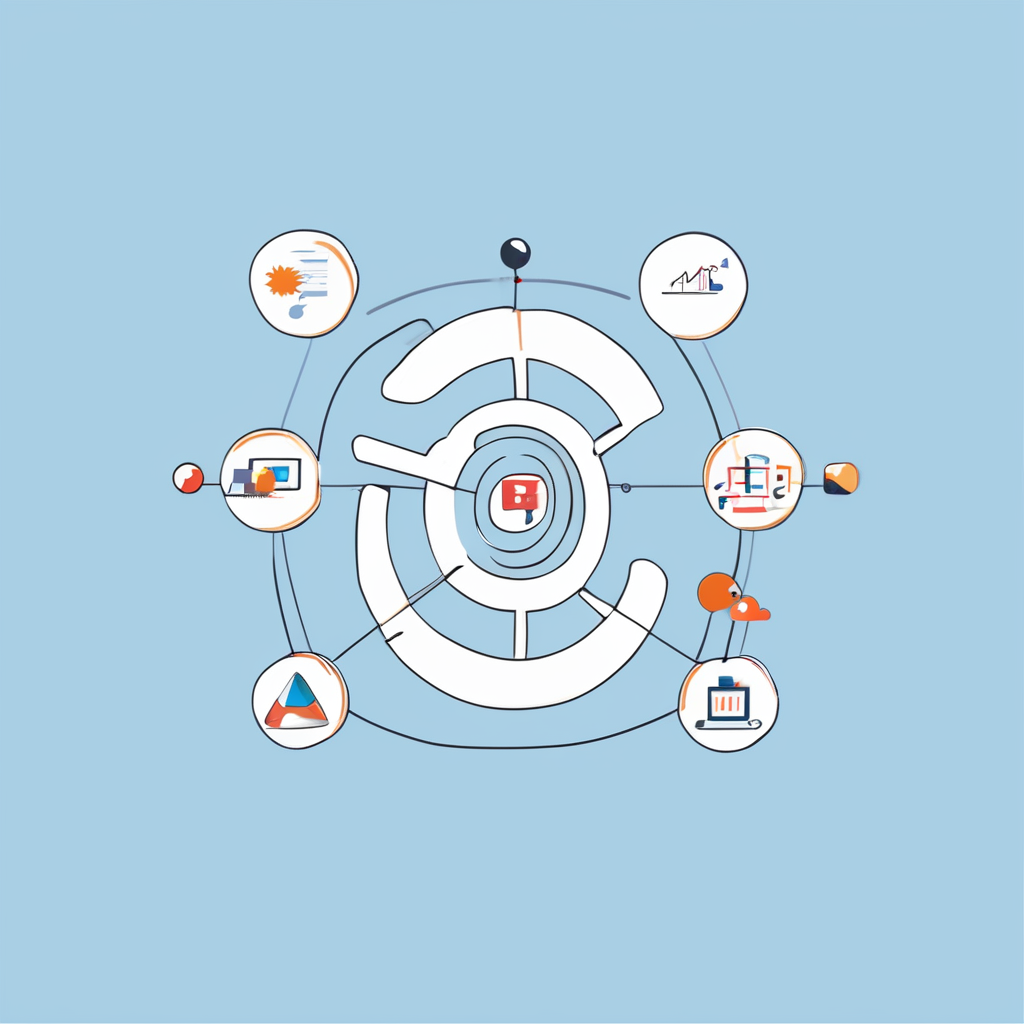Current Challenges in Mental Health Care in the UK
Navigating the UK mental health system presents numerous challenges amidst increasing demand for services. Recent statistics reveal a significant rise in mental health disorders, with approximately one in four individuals experiencing a mental health issue each year. This surge underscores the urgent need for effective mental health care solutions.
A primary obstacle is limited access to care. Despite increased awareness, patients often encounter long waiting times due to high demand and underfunding. This delay can exacerbate conditions, complicating recovery. Access issues are compounded by a shortage of mental health professionals across the country, creating a bottleneck in patient support.
Have you seen this : Exploring the Future: How AI is Set to Transform Tax Compliance in the UK
Geographical disparities also play a crucial role in the availability of services. Rural regions experience more severe shortages of mental health facilities and practitioners, leading to regional inequalities in care quality.
Moreover, stigma around mental health remains a significant barrier. Many individuals feel hesitant to seek help due to fear of societal judgment, leading to underreporting and untreated conditions.
In parallel : Revolutionizing uk retail supply chains: how ai is supercharging efficiency and transforming operations
Understanding these mental health care challenges is vital for developing comprehensive strategies to enhance support structures in the UK. Addressing such obstacles requires a focused effort on resource allocation, workforce expansion, and destigmatization campaigns.
Introduction to AI Innovations in Mental Health Care
Artificial intelligence (AI) is paving a transformative path in healthcare, especially within the realm of mental health. This technology has significant potential to revolutionise how mental healthcare is delivered and accessed. AI innovations are pushing boundaries, presenting new tools and techniques that challenge traditional methods.
Different types of AI technologies are becoming integral parts of mental health care. For instance, AI-driven chatbots provide preliminary mental health support by interacting with individuals, offering guidance, or identifying potential signs of distress. Machine learning algorithms can analyse patterns from patient data to predict mental health disorders, enabling early intervention and personalised treatment plans.
Addressing mental health through technological advancements is not merely an option but a necessity. Given the rising global mental health challenges, the integration of AI ensures that support is more accessible and efficient. The potential for AI innovations to improve diagnosis accuracy, streamline treatment processes, and facilitate ongoing patient monitoring represents a significant leap forward.
In summary, from chatbots to complex predictive models, AI is offering diverse mechanisms to navigate mental health care, ensuring a future where such vital care is as innovative as it is compassionate.
AI Tools Transforming Patient Support
Artificial Intelligence (AI) tools are revolutionising patient support by introducing patient support innovations that focus significantly on mental health applications.
Chatbots for Immediate Support
Chatbots play a pivotal role in transforming patient support by providing real-time assistance to users. AI tools like Woebot, Wysa, and Replika are commonly used in mental health services. They offer an accessible and anonymous way for individuals to seek help, especially when professional support isn’t immediately available. Conversations with these chatbots are designed to mimic human-like interactions, helping users feel understood and less isolated. Feedback suggests chatbot interactions can effectively reduce anxiety and depression symptoms. However, they are not replacements for professional therapy but serve as supplementary support.
Predictive Analytics for Personalized Care
Predictive analytics significantly contribute to personalising care by using data-driven insights to anticipate patient needs. This technology employs algorithms to analyse patient data and predict outcomes, allowing for tailored interventions. Several case studies highlight successful implementations, such as models predicting relapse in mental health patients. While the potential of predictive analytics is immense, important ethical considerations like data privacy and bias require attention.
Virtual Reality for Therapeutic Approaches
Virtual Reality (VR) is now an emerging tool in exposure therapy, offering immersive experiences to treat anxiety disorders effectively. Studies indicate VR can simulate controlled environments, helping patients confront fears in a safe manner. This innovative therapy holds promise for broader mental health treatment applications, opening possibilities for future enhancements.
Research Findings on AI in Mental Health Care
Recent studies on AI interventions in mental health reveal promising outcomes. These studies focus on improving mental health outcomes through innovative AI technologies. They explore developments such as chatbots, predictive analytics, and personalised treatment recommendations. By incorporating AI, researchers aim to enhance the effectiveness and accessibility of mental health services.
One key metric to measure success in AI applications is patient engagement. Studies utilise advanced data analytics to monitor interactions between patients and AI systems. These interactions provide valuable insights into user behaviour and allow for tailored interventions. Engagement levels are critical, as higher engagement often correlates with improved treatment outcomes.
Another important measure of success is the effectiveness of AI in predicting mental health episodes. Using data from healthcare records and behavioural patterns, AI models assess and predict patient crises, enabling timely interventions. Precision in these models determines their potential impact on patient outcomes.
Insights from research indicate that AI can improve mental health outcomes by offering 24/7 support and personalised care plans. These capabilities have sparked increased interest among professionals aiming to optimise treatment strategies while reducing healthcare disparities. Overall, integrating AI into mental health care holds transformative potential, but ongoing research and ethical considerations remain crucial.
Potential Benefits and Limitations of AI in Mental Health
Mental health practitioners are discovering the impact of Artificial Intelligence (AI) in transforming mental health interventions. Enhanced patient engagement and accessibility are some of the key benefits of AI. By facilitating remote interactions, AI offers individuals timely help without logistical constraints. This allows intervention in previously inaccessible areas, opening doors to improved patient engagement, particularly for those with physical limitations or residing in remote locations.
While AI undoubtedly holds promise, its deployment is not without limitations. Privacy concerns have entered the conversation, questioning the handling of sensitive data. As the services rely heavily on data collection, robust data security protocols become paramount to ensure confidentiality and trust. Such crucial considerations call for vigilant handling of personal information.
The potential for misdiagnosis and excessive reliance on technology raises further concerns. AI-based systems lack the human touch and nuanced understanding that trained professionals bring to interpreting complex emotional cues. Over-reliance on technological solutions could overshadow these human elements, potentially leading to incorrect assessments. Thus, while embracing technology’s strengths, professionals must balance its integration meticulously, safeguarding patient well-being. Proper oversight ensures that AI remains a valuable tool, augmenting traditional methods rather than attempting to replace them.
Recommendations for Implementing AI in Mental Health Care
Integrating AI in healthcare, especially within mental health services, requires careful implementation strategies. One crucial aspect is the seamless integration of AI solutions into existing systems to enhance, rather than replace, current practices. Start by assessing your facility’s specific needs, ensuring AI applications align with these goals.
Furthermore, training healthcare professionals on AI applications is essential. Providing comprehensive training programs equips professionals with the necessary skills to effectively use AI tools, thereby maximising benefits for patients. This training should cover not only the technical aspects but also ethical considerations and the empathetic handling of AI-driven solutions in patient care.
The role of policy and regulation is pivotal in fostering AI adoption. It ensures the safety and efficacy of AI tools, protecting both patients and practitioners. Adhering to updated regulatory guidelines is imperative for building trust, promoting transparency, and ensuring data privacy. Policymakers should work collaboratively with healthcare institutions to establish standards that support the ethical and effective use of AI in mental health care.
By focusing on these best practices, healthcare facilities can successfully integrate AI, fostering a more responsive and innovative mental health care environment that benefits all stakeholders involved.










